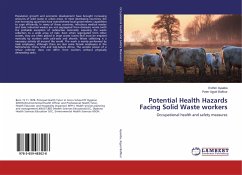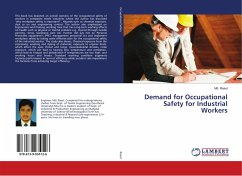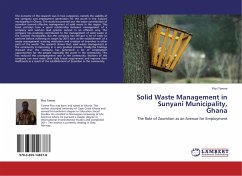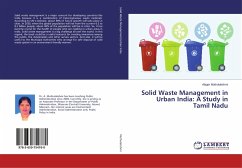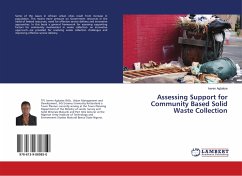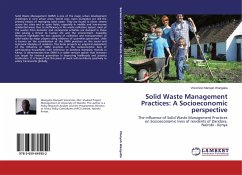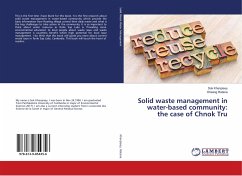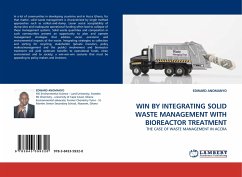Population growth and economic development have brought increasing amounts of solid waste in urban areas. In most developing countries, the ever-increasing quantities have overwhelmed local governments' capabilities to cope efficiently. In many of these countries, infectious medical wastes and toxic industrial wastes are not segregated from domestic waste (with the probable exception of radioactive materials), exposing the waste collectors to a wide array of risks. Even when segregated from other wastes, they are often placed in large waste rooms that must be emptied manually by workers with pick-axes and shovels. Waste collecting is a necessary activity all around the world. The work is mainly performed by male employees, although there are also some female employees in the Netherlands, China, USA and Sub-Sahara Africa. The aerobic power of a refuse collector does not differ from workers without physically demanding tasks.

